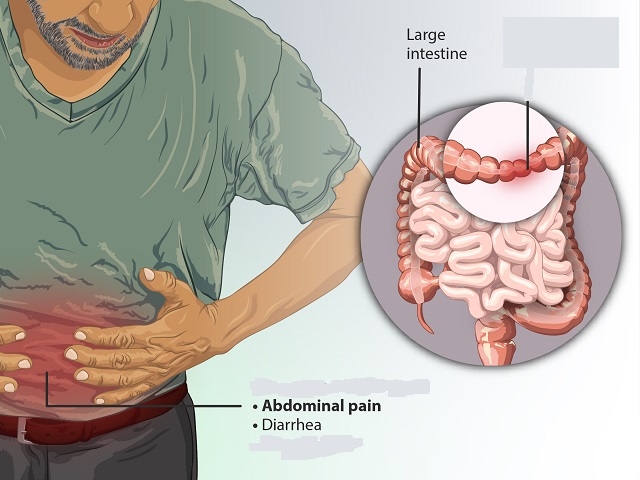7 Signs You May Have Tetanus -- Symptoms, Causes, Effects, Treatment and Prevention
Tetanus, also known as lockjaw, is a serious bacterial infection caused by the bacterium Clostridium tetani. It enters the body through open wounds and releases a toxin that affects the nervous system, leading to muscle stiffness and spasms. Tetanus can be life-threatening, but it is preventable through vaccination and proper wound care.
Symptoms of Tetanus:
The symptoms of tetanus typically appear within a few days to several weeks after infection. They may include:
- Muscle stiffness and spasms, commonly starting in the jaw (lockjaw)
- Stiffness and rigidity in the neck, chest, back, and abdominal muscles
- Difficulty swallowing and breathing
- Painful muscle contractions triggered by stimuli such as noise or touch
- Fever and sweating
- Rapid heartbeat
- Headache and muscle stiffness in other parts of the body
Causes of Tetanus:
Tetanus is caused by the bacterium Clostridium tetani, which is commonly found in soil, dust, and animal feces. The bacteria can enter the body through puncture wounds, burns, or any break in the skin. It releases a toxin called tetanospasmin that affects the nerves controlling muscle movement.
Effects of Tetanus:
Tetanus can have severe effects on the body. The toxin released by the bacteria affects the nervous system, leading to muscle stiffness and spasms. If left untreated, it can result in complications such as fractures, pneumonia, and difficulty breathing. In severe cases, it can be fatal.
Treatment of Tetanus:
Treatment for tetanus includes:
- Wound care: Cleaning the wound thoroughly to remove any contaminated material.
- Tetanus immunoglobulin: Administering a medication called tetanus immunoglobulin to neutralize the toxin and prevent its further spread.
- Tetanus vaccination: Providing a tetanus vaccine booster shot to boost immunity against the bacteria.
- Supportive care: Treating symptoms and providing supportive measures such as medications to control muscle spasms, pain management, and respiratory support.
Prevention of Tetanus:
Prevention of tetanus involves:
- Vaccination: Routine immunization with the tetanus vaccine, which is typically given as part of the childhood vaccination series and followed by booster doses throughout life.
- Proper wound care: Cleaning and disinfecting wounds promptly to reduce the risk of tetanus infection.
- Tetanus-prone wounds: Seeking medical attention for deep, dirty, or puncture wounds, as they are at higher risk of tetanus infection.
- Vaccination status: Ensuring that vaccinations are up to date, especially before traveling to areas where access to medical care may be limited.
References:
World Health Organization. (2021). Tetanus. Retrieved from https://www.who.int/news-room/fact-sheets/detail/tetanus
Centers for Disease Control and Prevention. (2021). Tetanus (Lockjaw). Retrieved from https://www.cdc.gov/tetanus/index.html


















